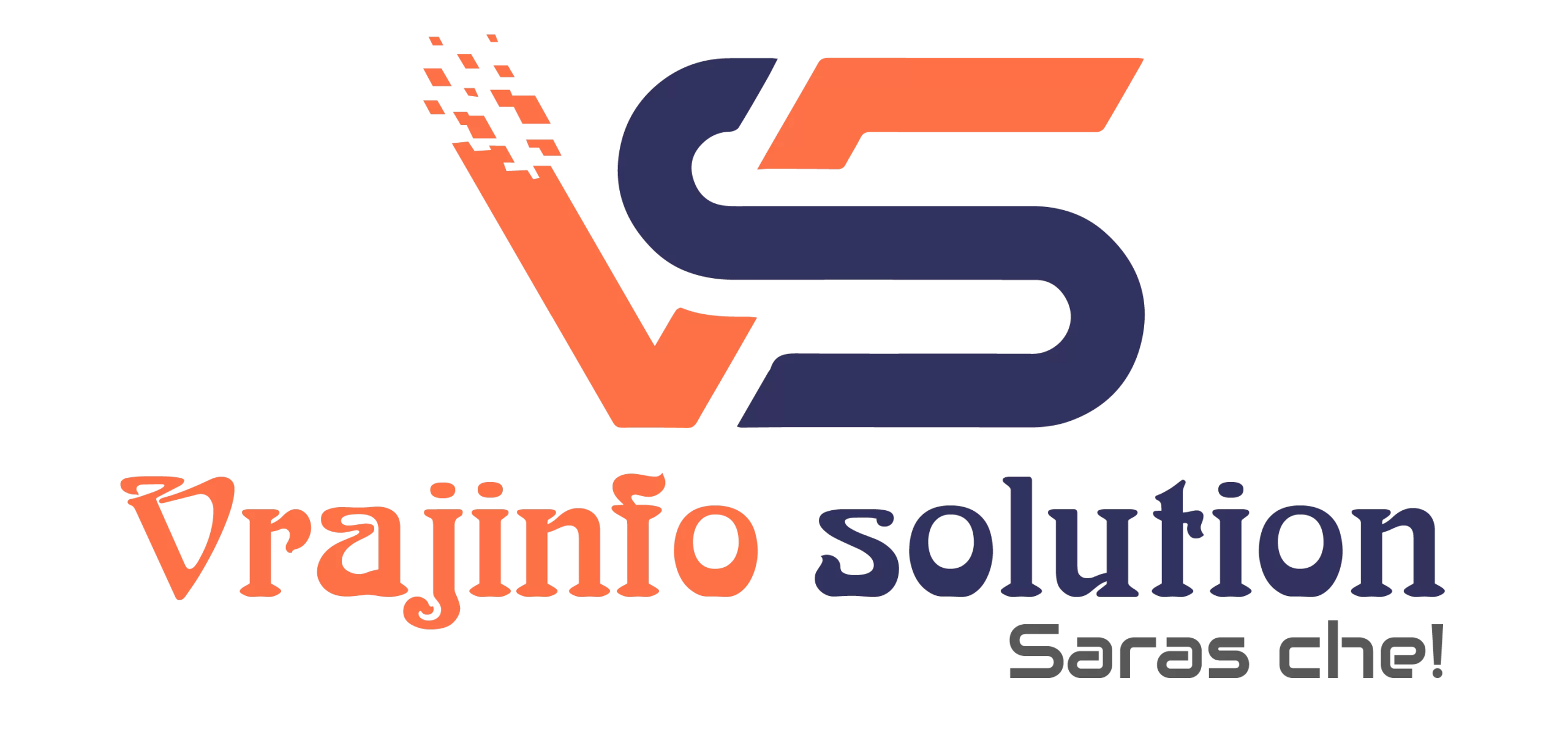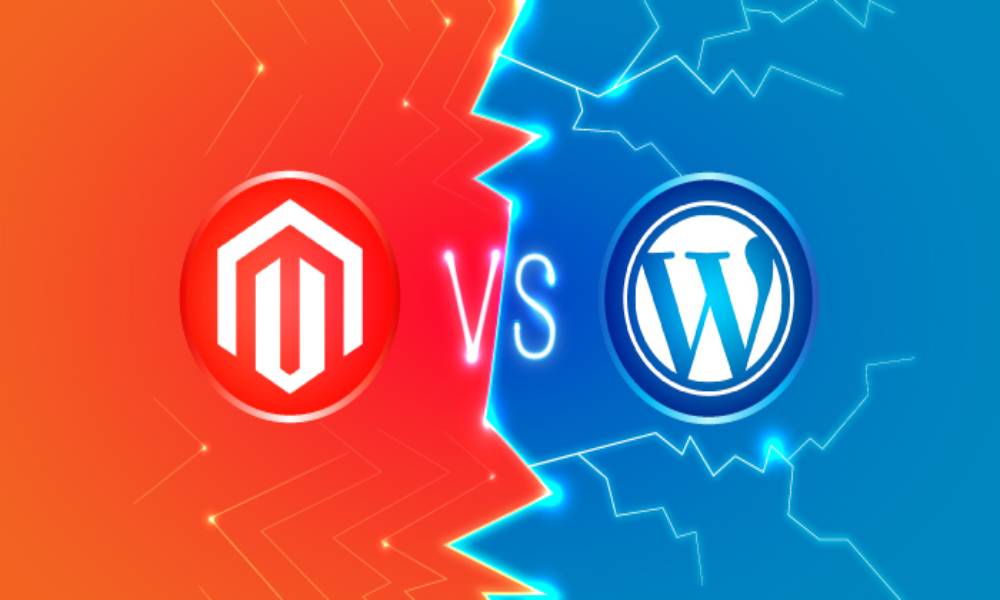Magento and WordPress are both popular platforms for building websites, but they have different purposes and functionalities. The primary difference between Magento and WordPress is that Magento is a premium CMS designed specifically for e-commerce sites while WordPress is a general-purpose CMS that emphasizes content
Magento is primarily designed for building e-commerce websites. It is a powerful open-source platform that offers a wide range of features for creating online stores, managing products, handling payments, and shipping. Magento provides a flexible and customizable platform that can handle complex e-commerce needs, such as multi-language and multi-currency support, order management, inventory tracking, and customer segmentation. However, Magento requires more technical knowledge and expertise to set up and maintain, and it can be more expensive to build and host.
WordPress, on the other hand, is a content management system (CMS) that is widely used for building blogs, websites, and online stores. It is known for its ease of use, flexibility, and customizability. WordPress offers a vast selection of themes, plugins, and widgets that make it easy to create and manage content, optimize for search engines, and add functionality to your website. While WordPress is not specifically designed for e-commerce, it does offer several e-commerce plugins such as Woo-commerce, that can add e-commerce functionality to your website.
- Powerful e-commerce features: Magento is designed specifically for building e-commerce websites and offers a wide range of features for managing products, inventory, orders, and payments.
- Customization options: Magento provides a highly customizable platform, which allows businesses to create a unique online store that meets their specific needs and requirements.
- Scalability: Magento can handle large volumes of traffic and orders, making it a suitable platform for businesses that are growing rapidly.
- Open-source community: Magento has a large community of developers and users who contribute to its development, provide support, and create extensions and plugins to add new functionality.
- Technical knowledge required: Magento is a complex platform that requires technical knowledge and expertise to set up and maintain.
- High development and hosting costs: Magento development and hosting can be more expensive than other e-commerce platforms due to its complexity and server requirements.
- Steep learning curve: Magento’s user interface can be difficult to navigate, making it challenging for non-technical users to manage and customize their online store.
- User-friendly interface: WordPress is known for its ease of use and intuitive user interface, making it accessible to non-technical users.
- Large selection of plugins and themes: WordPress offers a vast selection of plugins and themes, making it easy to add new functionality and customize the appearance of your website.
- Flexible: WordPress is a versatile platform that can be used for various types of websites, including e-commerce stores.
- Large community: WordPress has a large and active community of users and developers who provide support and create new plugins and themes.
- Limited e-commerce features: While WordPress can be used for e-commerce, it does not have as many built-in e-commerce features as Magento.
- Security risks: WordPress is a popular platform, which makes it a target for hackers and cyber attacks.
- Plugin compatibility issues: With so many plugins available, compatibility issues between plugins can sometimes arise, which can lead to conflicts and errors.
- Scalability limitations: While WordPress can handle moderate traffic, it may not be the best choice for large-scale websites or stores with high volumes of traffic and sales.

